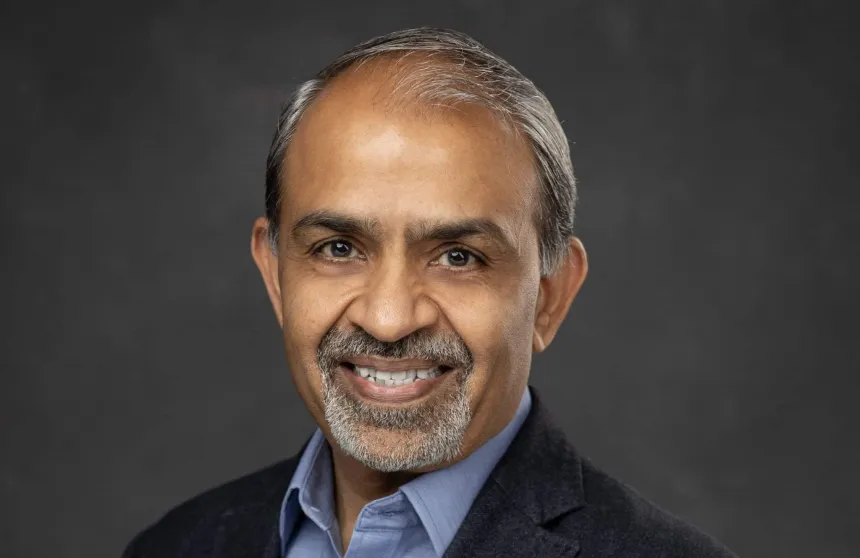Airtel Africa has posted a robust half-year profit of Ksh 20 billion, fuelled largely by strong revenue growth in East Africa, particularly in Kenya, Rwanda, Tanzania, and Uganda. The company’s Chief Executive Officer, Sunil Taldar, attributed the impressive results to surging customer growth and rising demand for data and mobile money services.
Total revenue grew by 24.9 percent to $1.415 billion (approximately Ksh 184 billion), with notable expansion across voice, data, and mobile money segments. Data revenue saw the highest growth at 38.1 percent, propelled by a 17.4 percent rise in data customers, now standing at 75.6 million. Voice revenue increased by 13.9 percent, reflecting continued demand for traditional services even as digital adoption accelerates.
East Africa emerged as a critical growth engine, with regional revenue rising by 17.6 percent to Ksh 64 billion. Taldar highlighted that this performance was underpinned by increased network coverage and expansion of distribution infrastructure across key markets in the region.
“The strength of this performance and the scale of the growth we achieved reflect the sustained demand for our services and the strength of our business model,” said Taldar.
Airtel’s mobile money platform also delivered strong results, with revenue increasing by 31 percent in reported currency and 30.3 percent in constant currency. The company’s mobile money portfolio continues to gain momentum, particularly in East and Francophone Africa, where digital payments and enterprise services are gaining traction. The annualised transaction value rose 35 percent to $162 billion.
During the period, Airtel Africa added over 2,300 new network sites, expanding its total to 37,579. Its fibre coverage now extends over 79,600 kilometres, supporting broader 4G population coverage which rose to 74.7 percent a 3.4 percentage point increase from the previous year.
Airtel Africa also advanced its debt localisation strategy, increasing the proportion of local currency debt to 95 percent, up from 86 percent the previous year. Meanwhile, capital expenditure fell to Ksh 15.6 million due to timing differences, although the full-year investment target remains between Ksh 93.6 million and Ksh 96.9 million.

